|
For decades, many homeowners on Navajo and Hopi Nations have learned to make do with no running water, broken windows, under-insulated attics and walls, and polluted indoor air from inadequate heating stoves and moldy conditions. It is no wonder that our partner communities have significantly lower life expectancy than other Americans. Enter COVID-19, and these under-reported and ignored disparities helped ignite a wildfire of infections and loss of life. Navajo Chapters and Hopi Villages took aggressive steps to shut down to the outside world, which has helped save many lives. So has an aggressive effort to provide emergency assistance in the form of food, water, face masks, and sanitation supplies, by the nonprofit sector and a host of like-minded citizen groups and compassionate individuals. Red Feather has focused their energies on deploying a do-it yourself handwashing system to keep families healthy and help save lives. Realizing the virus will likely be with us for some time, we are now cementing plans to move some of our Healthy Housing educational work to an online platform. Participants will be able to stream video content and access resources from the safety of their home. For housing repairs, we are developing more robust safety protocols that will allow us to slowly return to work. Ultimately, waiting for COVID to dissipate entirely before addressing critical housing needs could cause more harm than good. Let us not forget that this past winter, both Navajo and Hopi Nations experienced the closure of a major coal mine, suffering not just economic impacts but the loss of free coal used for home heating. Therefore, we are deploying a multi-prong approach to provide relief, including a collaborative firewood network, educational outreach, and new heating systems to help combat air pollution, which the CDC says can exacerbate COVID. Red Feather is stepping up to the call of duty during this historic moment in our lives, to ensure that our communities remain resilient. We hope you enjoy the updates in this newsletter and highlight that now, more an ever, your continued support of our work is needed.
Sincerely, It is hard to imagine that 30 percent of Hopi and Navajo families do not have running water in their homes. In response to the increased need for sanitation, Red Feather discovered a do-it-yourself handwashing station developed by California-based nonprofit called LavaMaex. The design consists of two rubber trash bins that move water via a foot pump, providing hands-free operation. The system also allows for 500 hand washings with one fill, which is quite a change for some families that previously relied on a simple basin of water that was shared collectively by household members. Initially, our strategy was to build the systems with a few staff members and as many volunteers as we could solicit. However, we are now also teaching Hopi and Navajo community groups to build the systems themselves, to help meet demand and strengthen local capacity. The work we have accomplished would not have been possible if were not for the generous donations of so many compassionate individuals and partnering entities. Results So Far:
This is Harriet Honhongva-Setalla, I received one of the Hand Washing Stations, I would like to Thank You all so very much. It is a great asset to my family and myself which helps out tremendously for keeping the family sanitized and is easily accessible for all family members. We do not have running water in the home therefore the set-up is helping in conserving water keeping us safe and sanitized “Iss Askwali for considering our family” Thank you so much for the unit I received. It's very useful and we love that it is hands-free when it comes to washing your hands. ASKWALII.....😊” Ivy Gaseoma 2020 Number of homes improved: 16 2020 Total Value of improvements: $64,639 Red Feather’s NHRN program provides case management services to families in need of critical home health and safety repairs. The importance of this program has become even more significant, as we have seen individuals with poor housing conditions suffer complications with COVID-19 at significantly higher levels than those living in well maintained homes. Sadly, our ability to implement housing repairs has been nearly halted to reduce the risk of spreading the virus between our housing repair contractors and families being helped. Additionally, for many months, our partner communities have had strict shelter-in-place rules, along with roadblocks keeping non-residents from entering. However, through strong advocacy and careful planning, we are now starting to get approvals for returning to work. Below are a few pictures from some of the projects we were able to complete prior to and during the virus. Sharon Granger Project: Sharon Granger’s project was first brought to you back in April. Her house was almost destroyed by fire. She is a single mom with a beautiful son who has special needs (wheelchair dependent). As you can see from the pictures below, the fire almost gutted the entire home. Construction work on the Granger home is still in progress due to the severity of the fire damage, but it is on schedule to be completely remodeled by the end of August 2020. Loretta Talas Project Dorothy Humetewa Project:
Your donations help provide critical case management services to families in need.2020 Number of homes improved: 15 2020 Total Value of improvements: $51,000 Just a few days ago, our home weatherization team returned to work after being on hiatus since the outbreak of COVID-19. All safety precautions for family members, Red Feather staff, and contractors were taken to perform the home assessments. We are super grateful to CozyHome, LLC and their crew for hanging with us during these challenging times!
The COVID-19 pandemic has taken a toll on the Stove Exchange Program in the northeast part of the Navajo Nation, halting nearly every aspect of the program. However, wherever possible, we have found innovative ways to continue helping, such as delivering N95 masks to families in need- dropping them off while staying safely in our vehicle. We have also ramped up our efforts to address questions about the program via the phone, recognizing that this is not an ideal solution for elders and those who have unreliable phone service at their homes.
Families are still grateful for the limited services we can provide. Many still invite us into their homes, but we must sadly decline due to the risks. Recently, an elder resident of Upper Fruitland, NM told me that she lost her daughter, who was a nurse, to the virus. Despite this, she still wanted to thank me for bringing her masks to help stay safe. She was humbled that someone she did not know had the kind heart to help. She explained that even though it was a small amount of money, she just did not have the income to purchase any for herself. This sharing of kindness and care for one another reminds us that even our simplest acts of service are of great importance and have the power to impact lives. That is the gift that we keep with us, giving us strength as we help others, and ourselves, through times of fear, sadness and loss. |
Archives
June 2023
Categories
All
|
|
Change your mind at any time by clicking 'unsubscribe' in any email you receive or by contacting us at [email protected]. We will treat your information with respect. For more information about our privacy practices please see our privacy policy. By clicking above, you agree that we may process your information in accordance with these terms.
In compliance with all GDPR requirements- you can request any data you’ve shared with Red Feather to be permanently deleted from our records by contacting us at [email protected]. |
WORKING WITH HOPI AND DINÉ
COMMUNITIES FOR HEALTHIER AND SAFER HOMES.
LAND ACKNOWLEDGEMENT: The Red Feather program office sits in an area that is sacred to over 14 local tribes, including the Diné, Hopi, Havasupai, Hualapai, Zuni, Pueblo, and Kaibab-Paiute peoples. Some of these nations are represented among the Red Feather staff, and some not. We humbly acknowledge this area’s Indigenous nations, original stewards and Native descendants who will forever know this place as home. We share a responsibility to recognize and acknowledge the people, cultures, and histories that make up our community. *Adapted from the Flagstaff City Council land acknowledgement developed by the Indigenous Commission

If you have a disability that limits your ability to access our facilities, please contact us so we can arrange for an alternative meeting location. See our ADA access plan here.
This institution is an equal opportunity provider. |

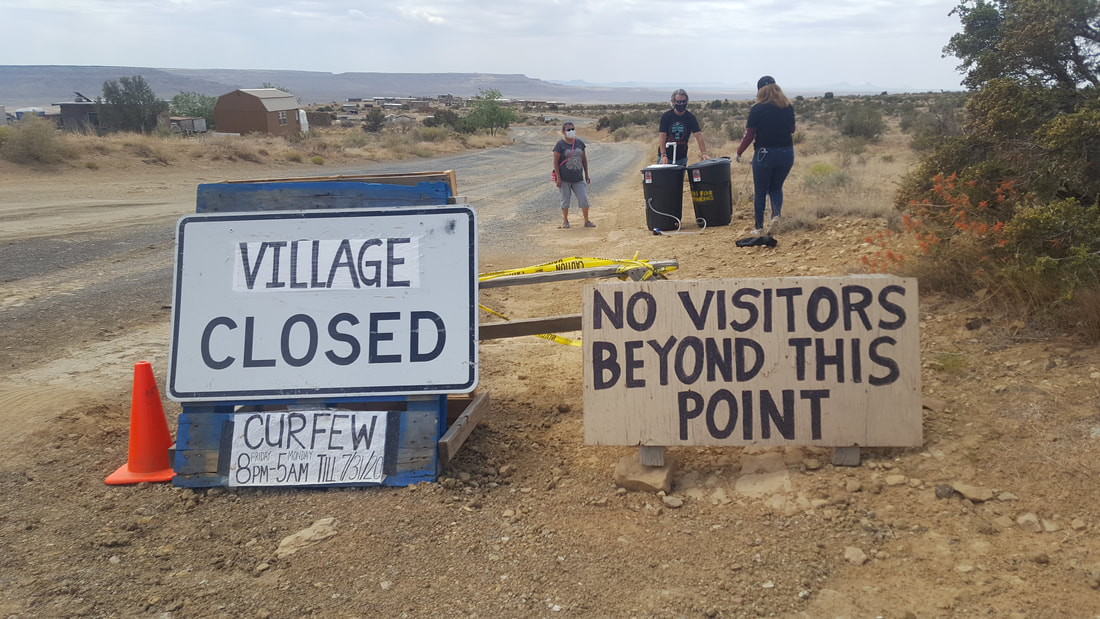
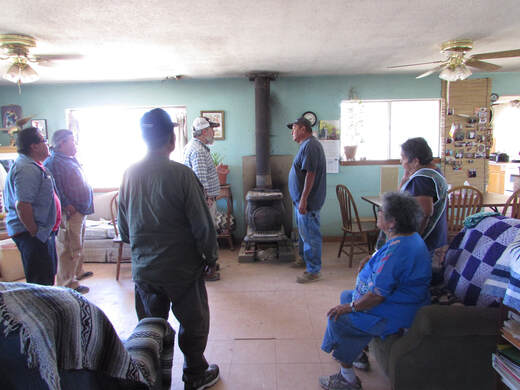

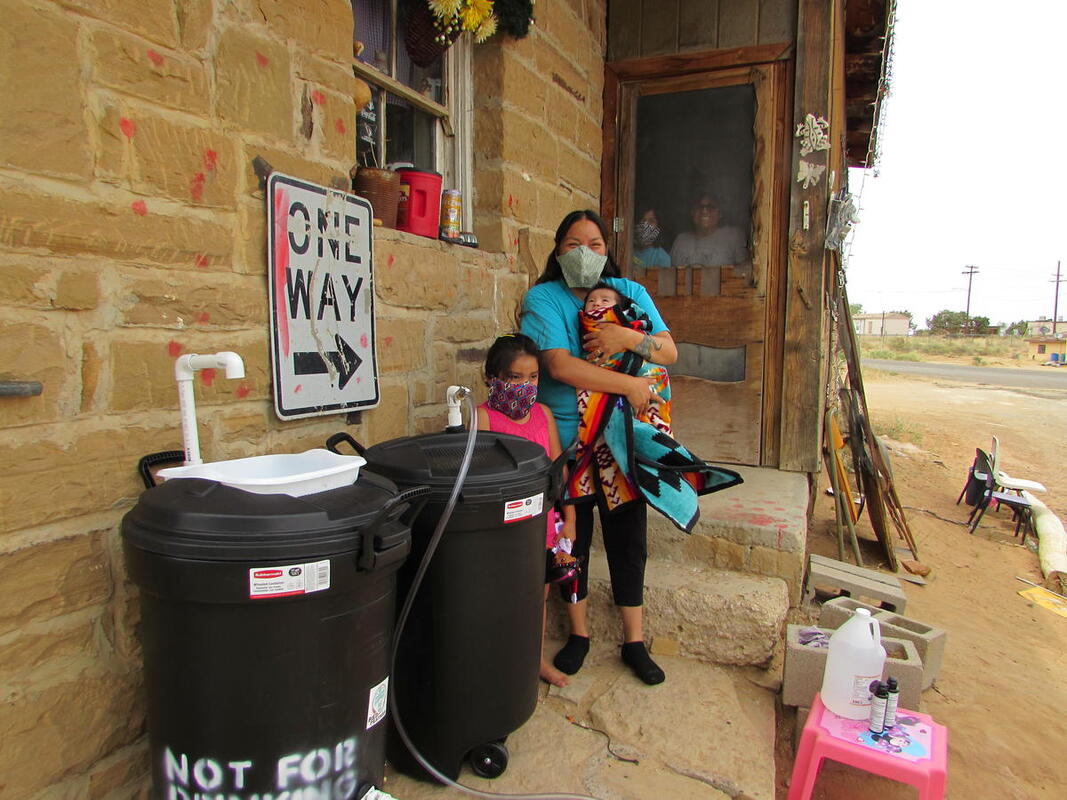
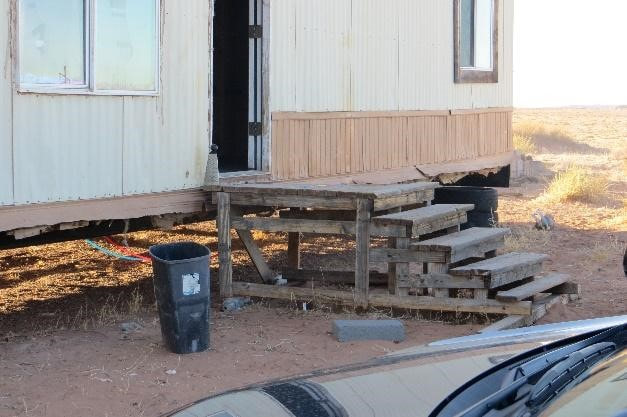
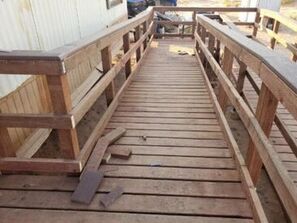
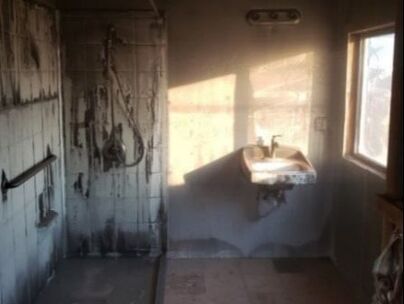
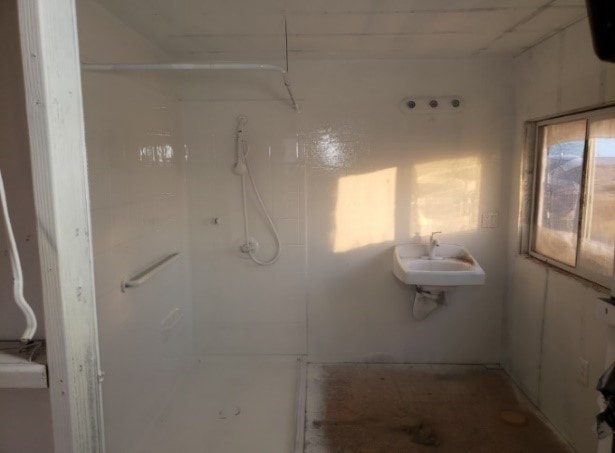
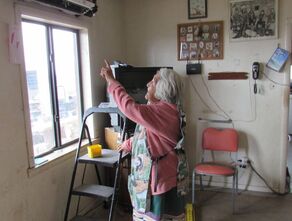
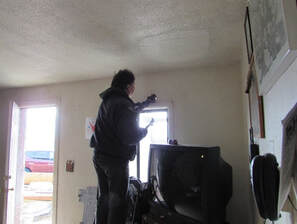
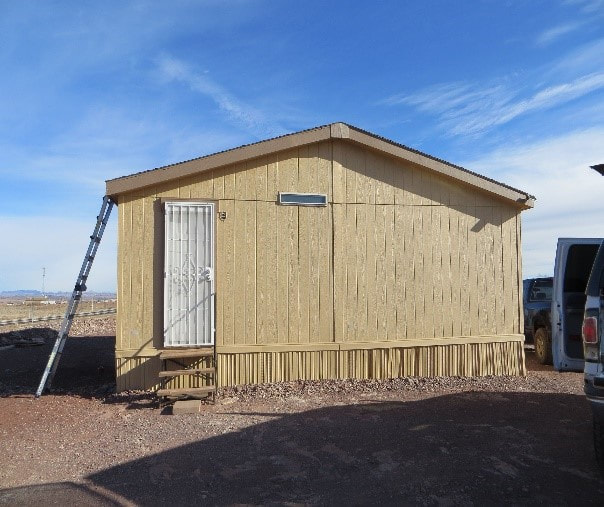
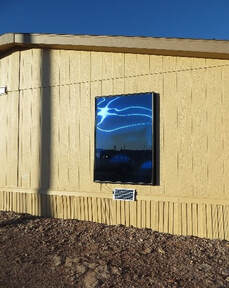
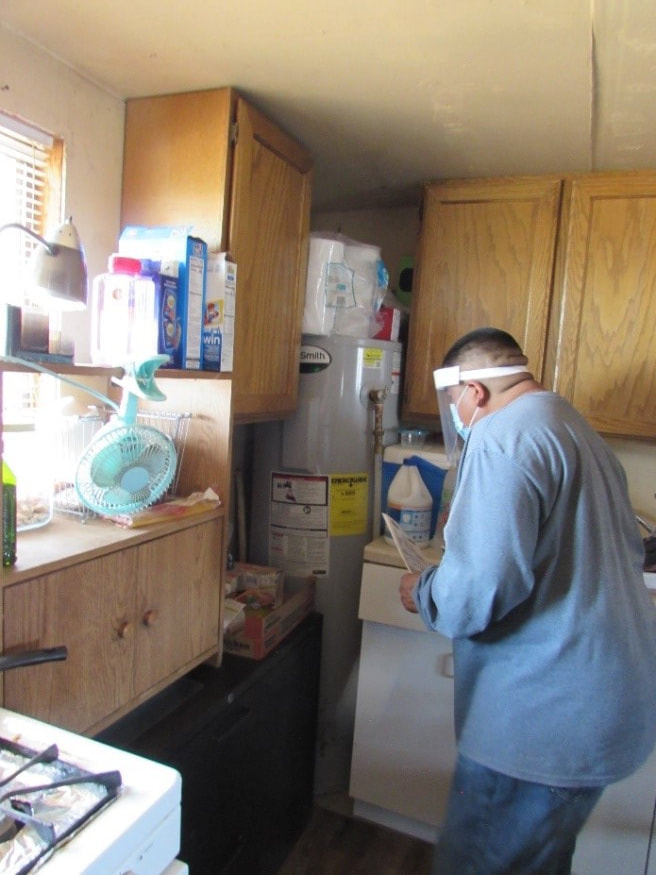
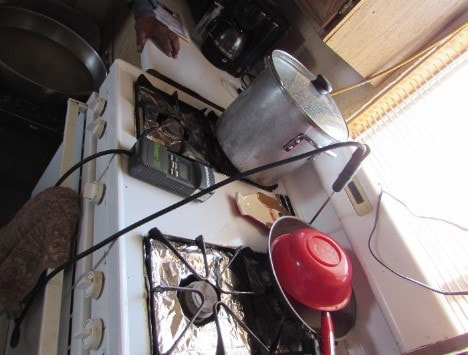
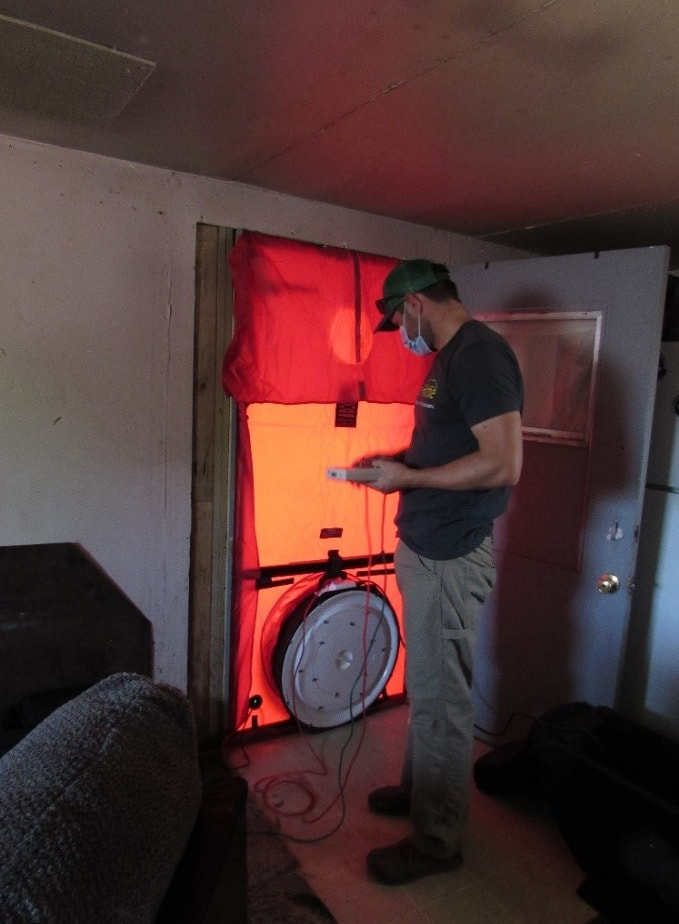
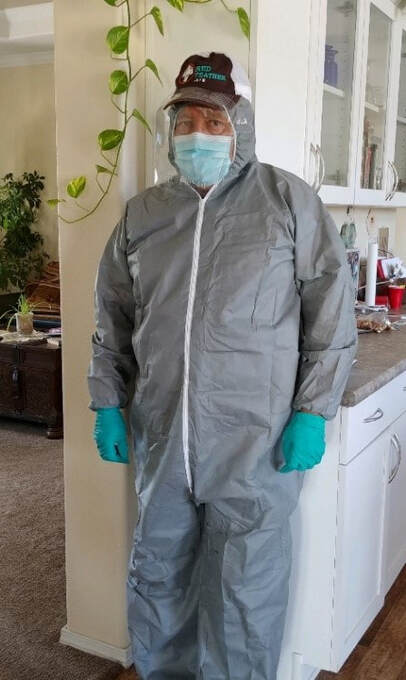

 RSS Feed
RSS Feed

